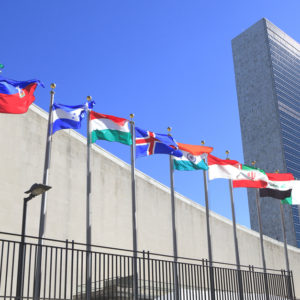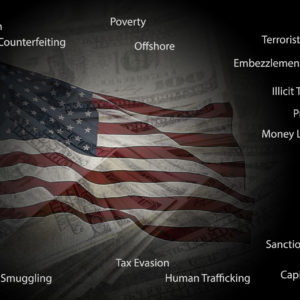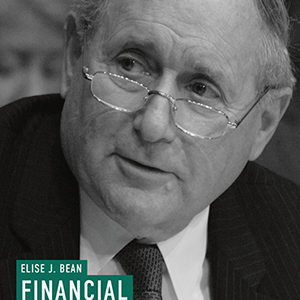
UN Panel Says Major Reforms Needed to Boost Fight Against Illicit Finance
A new UN report exposes major shortcomings and systemic problems in the global framework to combat tax abuse, corruption, and money laundering.
Tax evasion from wealthy individuals using a variety of offshore schemes, including hiding assets in foreign bank accounts, robs U.S. taxpayers of tens of billions of dollars per year — and the costs for developing countries are even worse. A growing global norm in favor of transparency can ensure that all are held equally accountable for paying the taxes they owe.


A new UN report exposes major shortcomings and systemic problems in the global framework to combat tax abuse, corruption, and money laundering.
2020 is turning out to be an eventful year in the fight against corrupt financial practices.

Wednesday, February 19, 2020
Join Tax Justice Network and the FACT Coalition for a discussion of the 2020 Financial Secrecy Index, the ranking of the U.S., and the status of relevant U.S. legislation.

WASHINGTON, D.C. — The U.S. is the second largest provider of financial secrecy in the world, trailing only the Cayman Islands, according to a new index published today by the Tax Justice Network.

The story of tireless congressional staff uncovering brazen misdeeds by powerful individuals and corporations in Elise J. Bean’s Financial Exposure has an anchoring quality in the context of rampant scandal that has come to characterize today’s politics. Bean’s account reiterates the point that tax avoidance and tax evasion were endemic to our financial system long before allegations against a sitting president brought them to the forefront of the public consciousness.
While the Permanent Subcommittee on Investigations (PSI) is an investigative body rather than a policymaking one, the inquiries into abusive tax shelters, secretive banking practices, and corporate tax avoidance that Bean describes illustrate some of the central policy problems plaguing the American tax system.

The Financial Accountability and Corporate Transparency Coalition (FACT Coalition) sent a letter to House and Senate Committees on Appropriation calling for an additional $495 Million in funding for the IRS to Implement TCJA. The full letter can be read below or downloaded here.